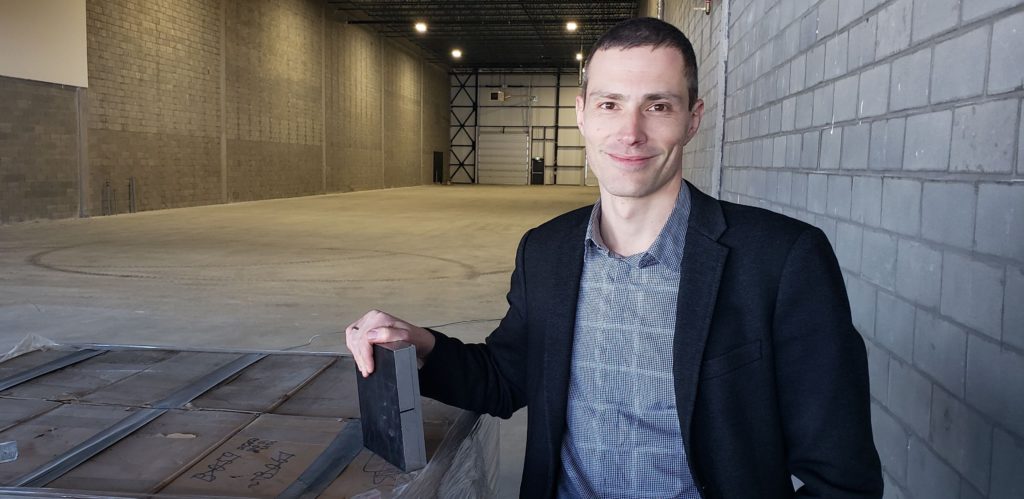https://foreignpolicy.com/
“Each F-35 fighter, for instance, needs 920 pounds of rare earths;
each Virginia-class nuclear submarine requires 9,200 pounds. Tomahawk missiles, guidance systems, and jet engines all need different combinations of alloys and specialized products using some of the 17 different rare-earth elements.”
Rising tensions with China and the race to repatriate supply chains in the wake of the COVID-19 pandemic have given fresh impetus to U.S. efforts to launch a renaissance in rare earths, the critical minerals at the heart of high technology, clean energy, and especially high-end U.S. defense platforms.
But it’s not going well, despite a slew of new bills and government initiatives aimed at rebuilding a soup-to-nuts rare-earth supply chain in the United States that would, after decades of growing reliance on China and other foreign suppliers, restore U.S. self-reliance in a vital sector.
“I think the light bulb has gone on, but we are still in a muddle about exactly what to do about it,” said David Hammond, an expert on rare earths at Hammond International Group, a consultancy.
Read more

























